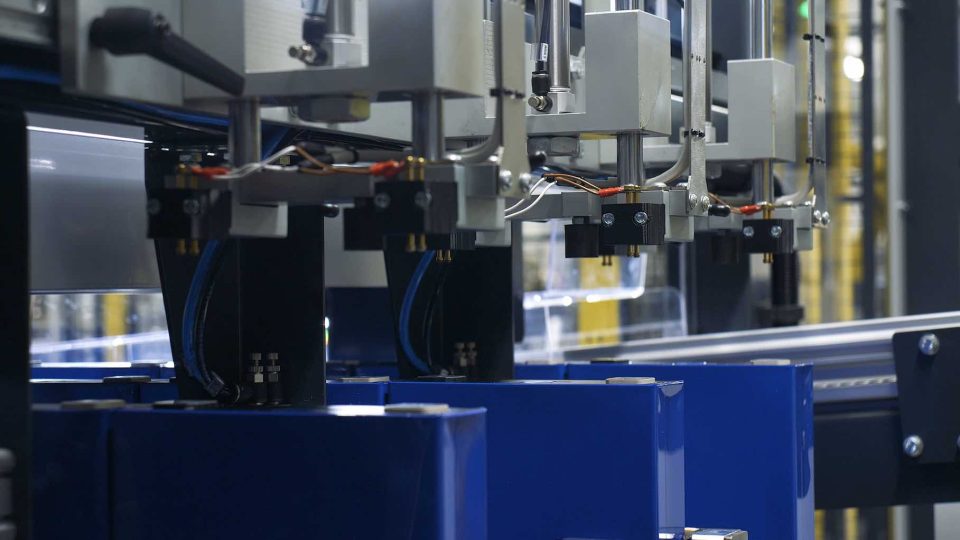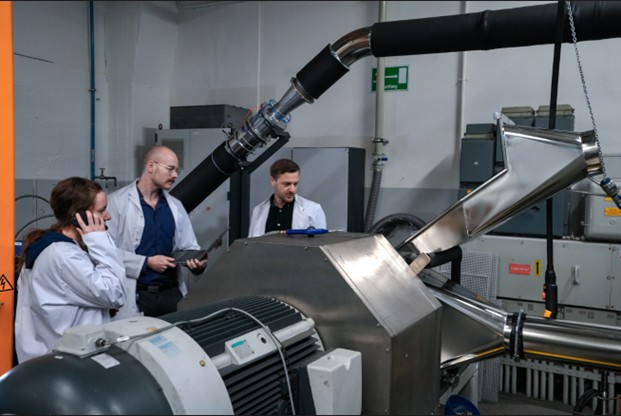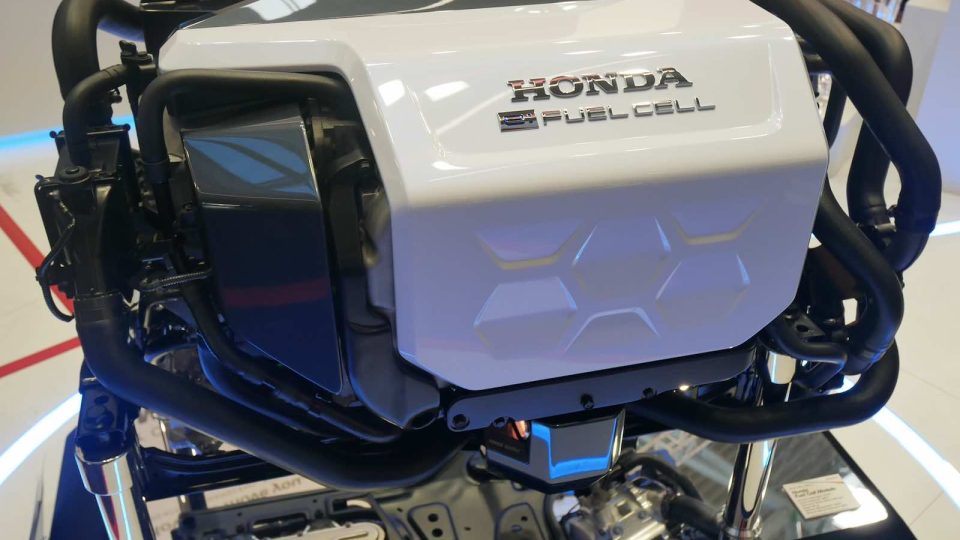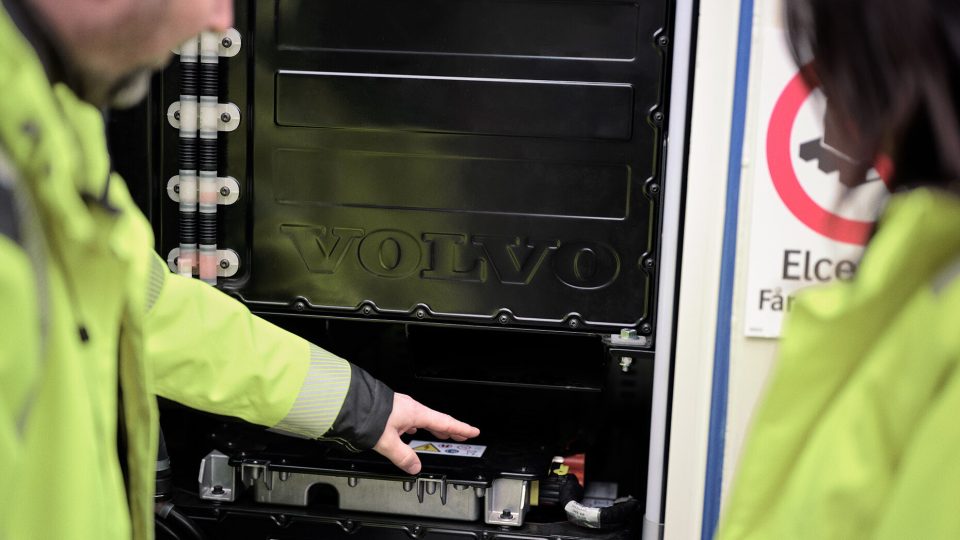Deutz opens first HVO filling station at its factory site in Cologne
Deutz has opened a filling station for the latest generation of biofuels (HVO) at its factory site in Cologne-Porz. All diesel-powered vehicles of Deutz can now be refueled at the site with HVO. Deutz will initially purchase the fuel, which is guaranteed palm-oil free from Finnish company Neste.

Deutz has opened a filling station for the latest generation of biofuels (HVO) at its factory site in Cologne-Porz. All diesel-powered vehicles of Deutz can now be refueled at the site with HVO. This covers the entire Deutz fleet in Cologne, comprising company cars, forklift trucks, test vehicles, service vehicles, and Deutz Security vehicles.
Gensets, for example in the site’s emergency power generators, can also run on the alternative fuel. HVO stands for “hydrotreated vegetable oil” and is a second-generation biofuel that should not be confused with biodiesel. The renewable, paraffinic biofuel uses renewable raw materials – such as used cooking oil, animal fats and residues from vegetable oil processing. This means that the manufacturing of HVO does not compete with food production.
The switch to HVO will result in an immediate reduction of the Deutz fleet’s environmental footprint, without the need for expensive and complex retrofitting or replacements. “This step will help to reduce our scope 1 emissions and brings us closer to our goal of becoming a climate-neutral company by 2050,” says Deutz CEO Sebastian C. Schulte. “Switching our fleet to HVO also demonstrates how diesel engines can immediately help to mitigate climate change, with minimum effort and cost. An internal combustion engine is only as dirty – or clean – as the fuel it runs on. That is why this technology can be much more than just a stopgap.”
“All Deutz engines are already approved for use with HVO,” says Deutz CTO and CSO Markus Müller. “Some of our customers are already using the fuel to power their new vehicles. Now is the time for incentives that encourage emission-intensive industries such as agriculture to switch to alternative fuels like HVO. Everyone involved in off-highway applications needs to embrace new technologies – and not just new drive solutions but also alternative fuels.”
Deutz has already started this conversation with its logistics partners, as switching them to HVO would have a positive impact on the Cologne based drive specialist’s scope 3 emissions.
Deutz will initially purchase the fuel, which is guaranteed palm-oil free from Finnish company Neste, which has been developing renewable fuels since 1996. In Germany, HVO is currently only approved and available for use in commercial vehicles. The introduction of HVO as a so-called XTL fuel at public filling stations is expected in the coming months.









